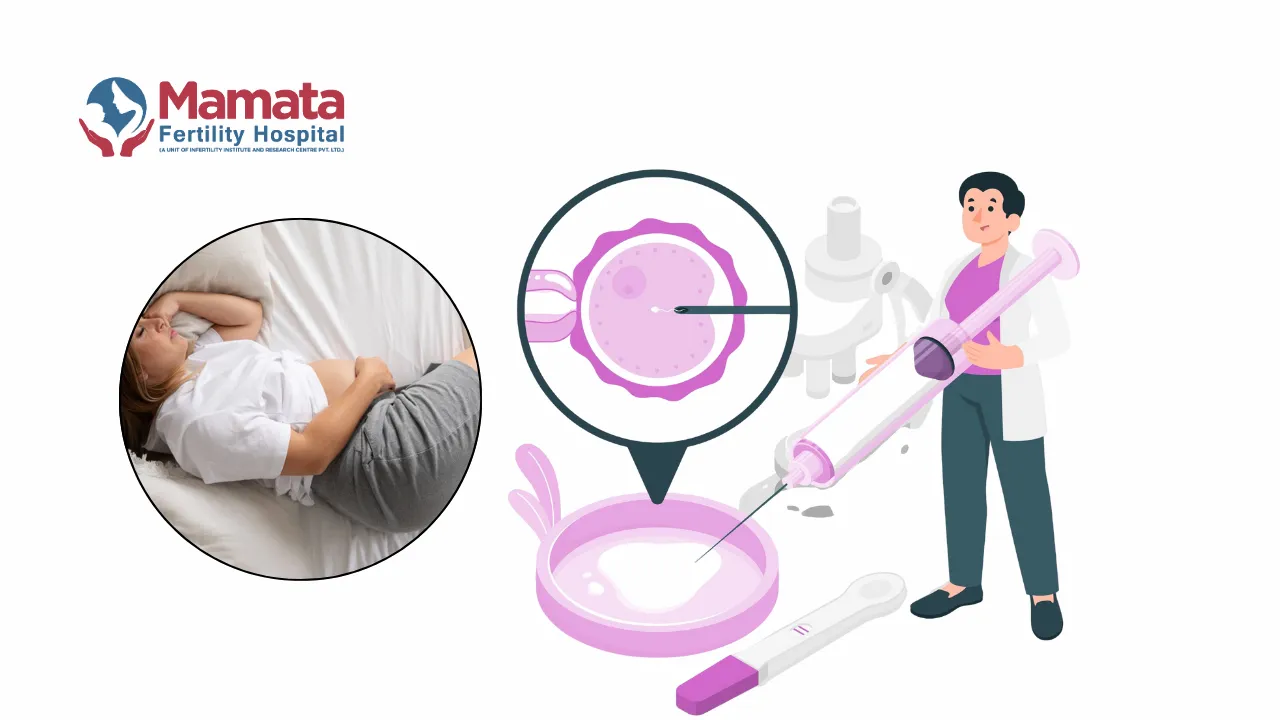For couples struggling with infertility, donor egg IVF offers a glimmer of hope for achieving parenthood. While conventional IVF is an effective solution for many, some find their best chance of success lies in using a donor egg. But what does the process entail, and what factors influence success rates?
This comprehensive guide breaks down everything you need to know about donor egg IVF success rates—from understanding the process to exploring factors that influence outcomes and expert tips to maximise success.
Introduction to Donor Egg IVF
Understanding the Need for Donor Egg IVF
Donor egg IVF—where an egg from a donor is fertilised with sperm and the resulting embryo is implanted into the recipient’s uterus—has steadily gained popularity. The process is often recommended for women facing challenging fertility issues, such as diminished ovarian reserve, advanced maternal age, or genetic concerns.
For those dreaming of starting or expanding their family, this type of IVF provides an alternate path to pregnancy, highlighting that there are options and hope for every situation.
The Donor Egg IVF Process
The donor egg IVF process typically involves the following steps:
- Donor Selection: Women can choose their egg donors from a pool that includes extensive profiles detailing age, education, medical history, and physical traits.
- Ovarian Stimulation of the Donor: The donor undergoes hormonal stimulation to release mature eggs for retrieval.
- Egg Retrieval and Fertilisation: Retrieved eggs are fertilised with sperm in the lab, often using cutting-edge techniques like intracytoplasmic sperm injection (ICSI).
- Transfer to Recipient: The most viable embryos are transferred to the recipient’s uterus. After this step, it’s time to wait for confirmation of pregnancy.
Given its complexity and deeply personal nature, donor egg IVF requires emotional readiness, thorough guidance, and collaboration with a skilled fertility specialist.
Factors Affecting Donor Egg IVF Success Rates
Several factors contribute to the success rates of donor egg IVF, and understanding these can help manage expectations and prepare for a smoother experience.
1. Quality of the Donor Egg
The age and health of the egg donor have a huge influence on the outcome. Younger donors—typically in their 20s—produce healthier eggs, which usually translate into higher success rates.
2. Recipient’s Uterine Health
While donor eggs eliminate reliance on the recipient’s own eggs, her uterine environment still plays a critical role. Adequate uterine lining thickness is essential for implantation once an embryo is transferred.
3. Expertise of the Fertility Clinic and Specialist
The fertility clinic’s experience and the specialist’s skill significantly impact results. Choosing facilities with a reputation for advanced techniques, such as Mamata Fertility Hospital, can often improve success rates.
4. Lifestyle Factors
The recipient’s overall health, lifestyle, and habits—like maintaining a healthy BMI, avoiding smoking, and reducing stress—can make a difference in success rates.
The Role of Fertility Specialists in Enhancing Success Rates
A well-versed is the linchpin of donor egg IVF success. From thorough preliminary evaluations to advanced treatment protocols and post-transfer care, experienced specialists guide patients every step of the way.
If you’re considering donor egg IVF, partnering with a clinic that prioritises both emotional and medical support can make an enormous difference.
Tips for Maximising Success in Donor Egg IVF
Achieving success with donor egg IVF takes preparation and attention to key details. Below are some actionable steps to improve your experience and maximise your chances of success.
1. Choose a Reputable Clinic
Select a fertility centre known for its expertise in donor egg IVF. Look into success rates, patient reviews, and access to advanced technology. If you’re located in India, clinics like Mamata Fertility Hospital and their fertility specialists in Hyderabad are celebrated for their specialised care and cutting-edge approach.
2. Carefully Select Your Donor
Considering your personal and medical priorities, choose an egg donor that matches your requirements, including age, genetics, and health background. Additionally, consult your specialists to evaluate donor egg quality.
3. Prioritise Uterine Health
Ensure that your uterus is in optimal condition to receive the embryo. Specialists may recommend treatments or prescribe medication to prepare the endometrial lining. Follow these directives closely for the best chance of implantation.
4. Optimise Your Lifestyle
- Adopt a nutrient-rich diet, focusing on foods beneficial for fertility.
- Incorporate regular, low-impact exercise into your routine.
- Avoid smoking, alcohol, and excessive caffeine.
- Dedicate time to managing stress through relaxation techniques like yoga or mindfulness.
5. Stay Well-Informed
Don’t hesitate to ask questions—it’s your right. Whether you’re curious about medical protocols, embryo quality, or next steps, staying informed helps relieve anxiety and ensures that you’re fully engaged in the process.
6. Trust the Process
Patience is a crucial element of the donor egg IVF experience. Understand that multiple cycles may be required for some patients, and having a reliable partner on this difficult road is key to staying motivated.
Support Through Every Step of the Journey
Navigating donor egg IVF requires courage, patience, and resilience. But, with the right resources at hand—skilled specialists, cutting-edge clinics, and thorough guidance—your chances of achieving parenthood are higher than ever before.
Fertility centres like Mamata Fertility Hospital dedicate themselves to supporting hopeful parents on this life-changing path. Working with an experienced fertility specialist in Hyderabad, or near your region, can bring emotional peace of mind as well as excellent medical care.
If you’re ready to take that next step, reach out to a trusted clinic and explore your options. Parenthood may seem like a distant dream, but with donor egg IVF, it’s becoming more achievable every single day.




